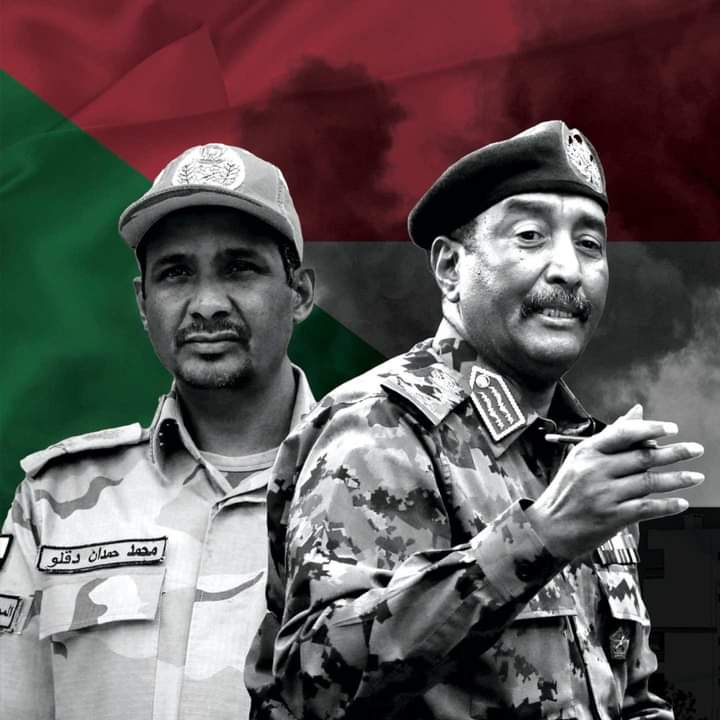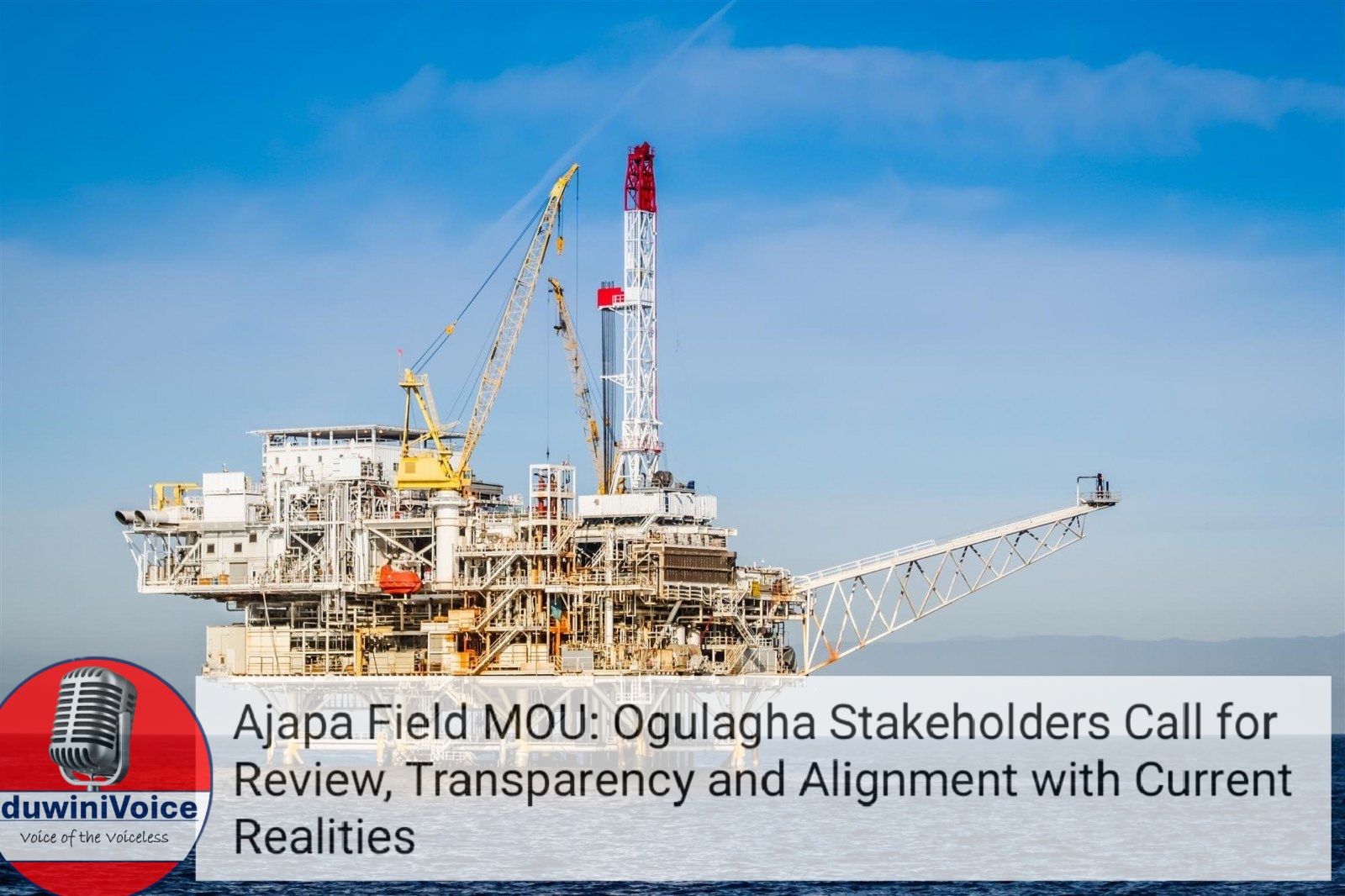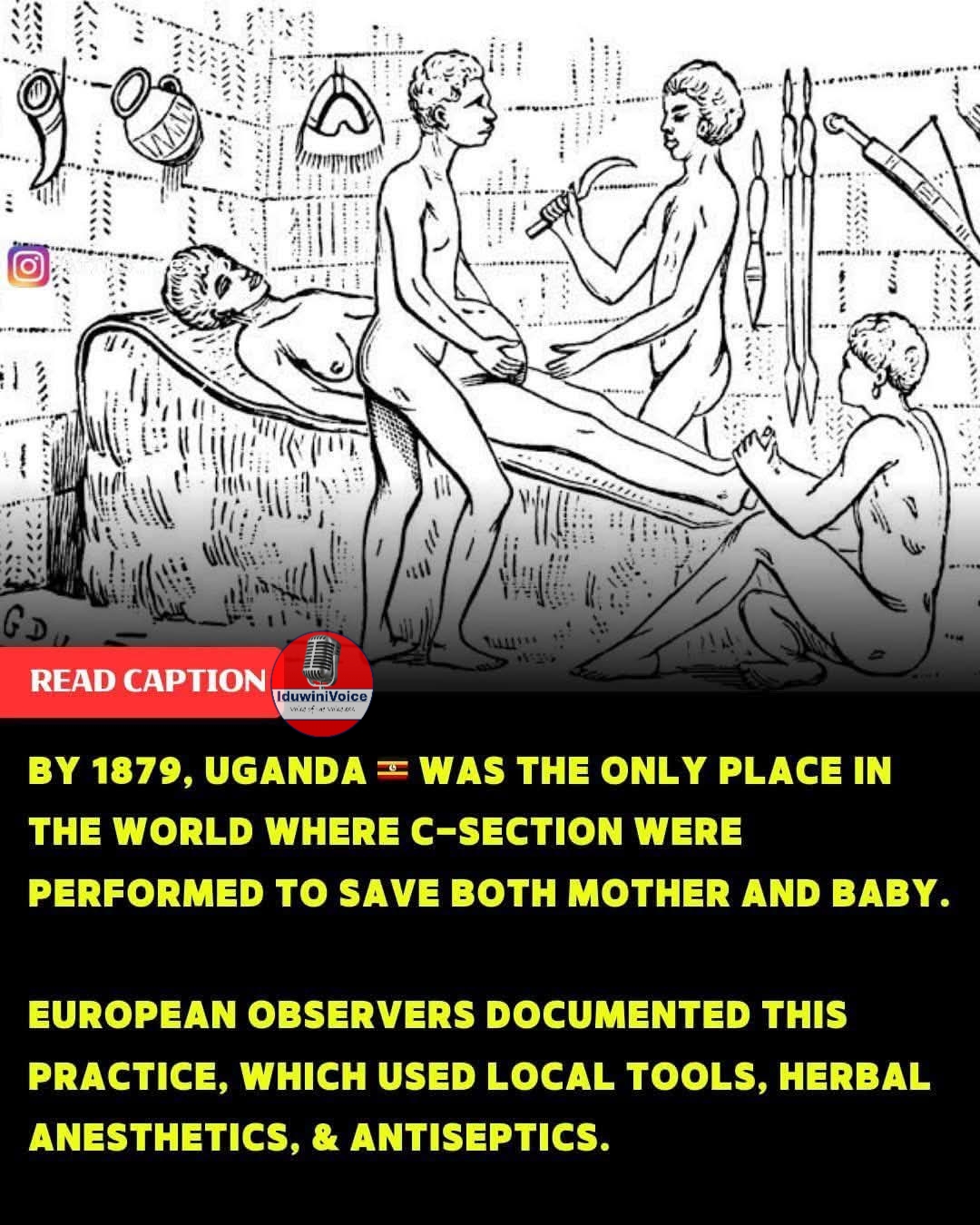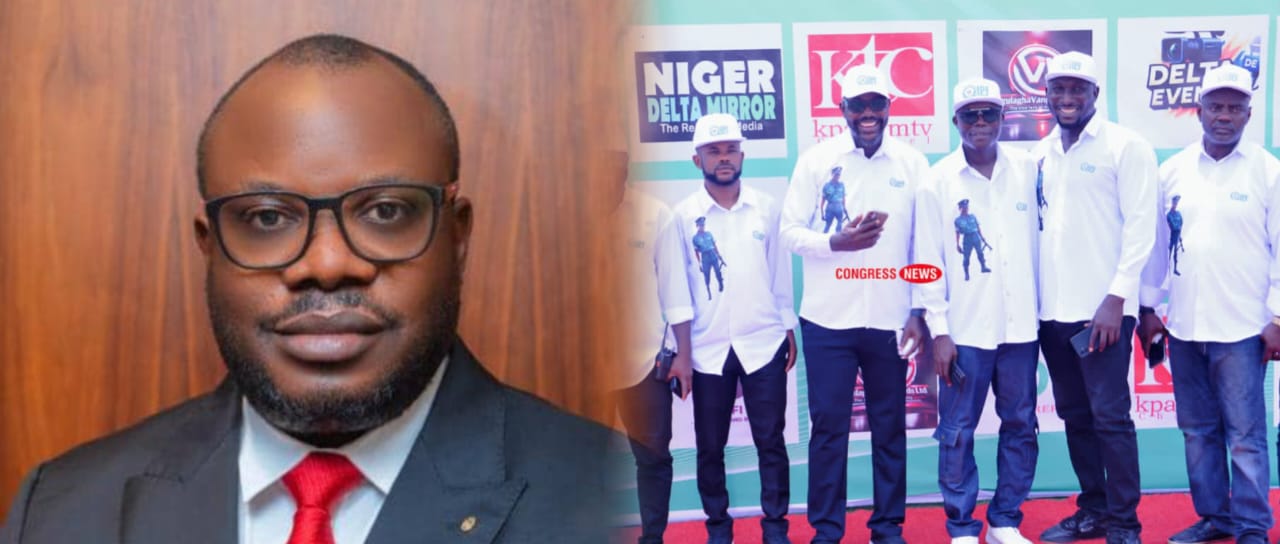News
History. 2023: BACKGROUND OF THE SUDANESE CONFLICT AND THE SUPREMACY BATTLE BETWEEN THE SAF AND THE RSF.

By PENGlobal.
Did you know that since independence in 1956, Sudan has had more than 15 military coups and has been ruled by the military for the majority of the republic’s existence, with only brief periods of democratic civilian parliamentary rule?
Sudanese woke up on Saturday, 15 April 2023, to clashes that broke out across the country, mainly in the capital city of Khartoum and the Darfur region. As of Friday, 21 April, just a week after the conflict began, not lower than 413 people have been killed and more than 3,500 injured.
The 2023 Sudan conflict is an ongoing armed conflict between rival factions of the military government of Sudan. The fighting began with attacks by the paramilitary Rapid Support Forces (RSF) on key government sites. Airstrikes, artillery and heavy gunfire were reported across Sudan including in Khartoum.
The RSF is a paramilitary organization with roots in Janjaweed militias that operated during the Darfur War. It was formally created by President Omar al-Bashir in 2013 and was led by Mohamed Hamdan Dagalo. They gained notoriety for their crackdown on pro-democracy protestors during the Khartoum massacre in June 2019. The Bashir regime allowed several armed groups, including the RSF, to proliferate to prevent threats to its security from within the armed forces, a practice known as “coup-proofing”.
Both the RSF and the army have benefitted from security training and arms shipments from Russia in exchange for gold. The RSF and Dagalo’s consolidation of power went hand in hand with a rapid accumulation of wealth, with the paramilitary chief seizing key gold mining locations in Darfur, intervening as part of the Saudi-led coalition forces during the Yemeni Civil War, and colluding with the Russian private military outfit, Wagner Group. This led to RSF forces growing rapidly into the tens of thousands, including thousands of armed pickup trucks, which regularly patrolled the streets of Khartoum. However, Sudan has consistently denied the presence of the Russian outfit, Wagner, on its territory.
On 11 April 2023, RSF forces deployed near the city of Merowe and in Khartoum. Government forces ordered them to leave, but they refused, leading to clashes when RSF forces took control of the Soba military base south of Khartoum. The RSF began their mobilization on 13 April 2023, raising fears of a rebellion against the junta. The Sudanese Armed Forces (SAF) said the mobilization was illegal.
As at when the conflict began on 15 April 2023, both RSF leader Dagalo and Sudan’s de facto leader and army chief Abdel Fattah al-Burhan claimed control of several key government sites, including the general military headquarters, the Presidential Palace, Khartoum International Airport, Burhan’s official residence and the SNBC headquarters.
The history of conflicts in Sudan has consisted of ethnic tensions, religious disputes, and competition over resources. In its modern history, two civil wars between the central government and the southern regions killed 1.5 million people, and a continuing conflict in the western region of Darfur has displaced two million people and killed more than 200,000 people.
Former president and military strongman al-Bashir presided over a war in the west of the country and oversaw state-sponsored violence in the region of Darfur, leading to charges of war crimes and genocide. In 2019, a coup d’état ousted al-Bashir in the context of massive civil disobedience that was often described as the first stage of the Sudanese Revolution. An interim joint civilian-military unity government headed by Prime Minister Abdalla Hamdok was established.
However, in October 2021, the military seized power in a coup which was led by SAF leader Abdel Fattah al-Burhan and RSF leader Dagalo. Al-Burhan became the effective leader of the subsequent junta, monopolizing power. The junta later agreed to hand over authority to a civilian-led government, with a formal agreement scheduled to be signed on 6 April 2023.
However, it was delayed due to tensions between generals Burhan and Dagalo, who serve as chairman and deputy chairman of the Transitional Sovereignty Council, respectively. Chief among their political disputes is the integration of the RSF into the military. One issue of contention is the RSF’s insistence on a ten-year timetable for its integration into the regular army, while the latter demands it be done in two years.
Other contested issues included the status given to RSF officers in the future hierarchy, and whether RSF forces should be under the command of the army chief – rather than Sudan’s commander-in-chief – who is currently Burhan. They have also clashed over authority over sectors of Sudan’s economy that are controlled by the two factions. As a sign of their rift, Dagalo expressed regret over the October 2021 coup.
Image Description/Credit: Mohamed Hamdan Dagalo and Abdel Fattah al-Burhan © FT Montage/Getty/AFP/Dreamstime
Source:
https://en.m.wikipedia.org/wiki/2023_Sudan_conflict
#penglobalhistory #Sudan
News
Ajapa Field MOU: Ogulagha Stakeholders Call for Review, Transparency and Alignment with Current Realities

By Charity Ebi
OGULAGHA, DELTA STATE — Nearly two decades after a Memorandum of Understanding (MOU) was signed between Britannia-U Nigeria Limited and Ogulagha Kingdom in Burutu Local Government Area, stakeholders in the oil-bearing community are calling for a comprehensive review of the agreement to reflect present-day economic and industry realities.
The 2007 MOU, tied to operations at the Ajapa Marginal Field, was introduced as a framework for peace, development and mutual benefit. However, community representatives say that while the agreement may have appeared workable at inception, its fixed financial structure has been overtaken by inflation, rising oil revenues and evolving governance standards within Nigeria’s petroleum sector.
Addressing journalists on behalf of stakeholders, Mr. Jude Iyelagha stressed that the concerns being raised should not be misconstrued as an attack on the integrity of Ogulagha’s traditional or political leadership.
“This is not an attempt to indict or insult the credibility of our revered leaders,” Iyelagha clarified. “Rather, it is an encouragement for leaders to revisit the well-documented terms, review them in line with current realities, and ensure they are fully implemented for the benefit of our people.”
Modest Provisions, Expanding Industry
Under the MOU, provisions reportedly included annual allocations for community drugs, scholarships for secondary and tertiary students, training slots at the Petroleum Training Institute (PTI), allowances for trainees, incentives for science teachers and sitting allowances for kingdom committee meetings.
While these figures may have been considered reasonable in 2007, stakeholders argue that their real value has significantly diminished over time due to inflation. Crucially, the sums were fixed and not indexed to oil prices, production output or inflationary trends.
Using conservative production estimates common to marginal fields in the Niger Delta, observers note that annual gross revenues from such operations could run into tens of billions of naira. When juxtaposed with community allocations that reportedly totalled only a few million naira annually at inception, the proportional disparity becomes a central point of concern.
For residents, the issue is less about confrontation and more about fairness.
Development Expectations in a Resource-Rich Area
Ogulagha Kingdom remains one of the oil-producing hubs in Delta State. Yet stakeholders point to ongoing challenges including limited healthcare facilities, youth unemployment, fragile road networks, environmental vulnerability and constrained access to higher education funding.
Community leaders argue that development in oil-bearing areas should translate into tangible infrastructure such as modern health centres, shoreline protection projects, potable water systems, vocational training hubs and structured employment pipelines.
“The frustration is not hostility towards investment,” a stakeholder noted. “It is about proportionality and visible impact.”
Shareholding Claims and Transparency Concerns
Beyond the MOU, a more complex issue has emerged. Leaders within the kingdom assert that Ogulagha may not only be a host community but also a registered shareholder in the Ajapa Marginal Field structure, allegedly documented with the Corporate Affairs Commission.
If such shareholding exists, corporate law provides for certain rights, including access to audited financial statements, notice of Annual General Meetings and entitlement to dividends where declared.
Stakeholders claim that consistent access to production data, audited accounts and dividend clarity has not been fully established, raising questions about governance participation.
Again, Iyelagha emphasised that the intention is not to cast aspersions.
“We believe in dialogue and institutional engagement. What we are asking for is clarity, transparency and alignment with statutory expectations where applicable,” he said.
Petroleum Industry Act and Changing Standards
Analysts observe that the Petroleum Industry Act (PIA) has introduced more structured host community frameworks and governance mechanisms. Agreements executed before the reform era, they argue, may require review to align with contemporary standards of transparency and proportionality.
Stakeholders maintain that revisiting the 2007 framework would not only protect the long-term interests of the kingdom but also strengthen investor-community relations.
Company Response Awaited
Efforts to obtain official comments from Britannia-U Nigeria Limited were unsuccessful at the time of filing this report. The company’s response, when received, will be reflected in subsequent updates.
For now, the central appeal from Ogulagha stakeholders is measured and deliberate: a call for leaders to examine documented agreements, align them with present realities, and ensure that promises made translate into visible, sustainable benefits for the kingdom.
As one community voice put it, “Oil is finite, but our people and our future must endure.”
News
How Ugandan Healers Performed Successful Cesarean Sections in 19th Century – Archived Records

By Favour Bibaikefie
Historical medical records have revealed that indigenous surgeons in the Buganda Kingdom of present-day Uganda were successfully carrying out cesarean sections as early as 1879 — a period when the procedure was still considered highly risky in many parts of Europe.
The account was documented by British medical practitioner and explorer Robert William Felkin, who witnessed and later published details of the operation in the Edinburgh Medical Journal in 1884 under the title “Notes on Labour in Central Africa.”
According to Felkin’s observations, the procedure involved the use of banana wine as a cleansing agent, herbal preparations to manage pain, and cauterization with heated metal to control bleeding. Both mother and child reportedly survived the surgery — an outcome that drew significant attention from European medical circles at the time.
Felkin described the process as orderly and deliberate, noting that the practitioners demonstrated familiarity with anatomy, sterilization methods available to them, and post-operative care. The documentation challenged prevailing 19th-century assumptions that advanced surgical knowledge was absent in African societies before colonial contact.
Medical historians note that cesarean sections in Europe during the mid-1800s were often fatal due to infection and limited antiseptic knowledge. Antiseptic surgical techniques only became widely accepted in Europe toward the late 19th century following developments associated with figures such as Joseph Lister.
Scholars argue that the Buganda example illustrates a broader pattern of indigenous scientific knowledge that predated colonial rule. In his work, historian highlighted the complexity of African societies prior to European intervention, disputing narratives that framed the continent as lacking innovation or structured knowledge systems.
Experts say the 1879 account underscores the need for a more balanced historical perspective — one that acknowledges Africa’s contributions to medicine, technology, and empirical science long before formal Western medical institutions expanded into the continent.
The rediscovery and renewed discussion of such records continue to prompt debates about how global scientific history is written — and whose knowledge systems are recognized.
Source: African Echo
News
Otuaro Congratulates New IPF Leadership, Urges Confidence and Stronger Advocacy for Ijaw Nation

By Favour Bibaikefie
The Administrator of the Presidential Amnesty Programme (PAP), Chief (Dr.) Dennis Brutu Otuaro, has congratulated the newly inaugurated leadership of the Ijaw Publishers’ Forum (IPF), led by Senior Comrade Austin Ozobo, urging them to remain confident and focused as they steer the affairs of the organisation.
Speaking through Mr. Prebor Presley, Coordinator of the PAP Delta/Edo State Office, Otuaro commended the IPF for consistently projecting the Ijaw and Niger Delta narrative from a rights-based standpoint. He stressed that strengthening indigenous media platforms such as the IPF should be a collective responsibility, given the body’s strategic relevance to the Ijaw nation, the Niger Delta, and Nigeria as a whole.
According to him, the emergence of the new executive comes at a crucial period when the region requires vibrant voices to intensify advocacy for the rights and interests of its people. He encouraged the leadership to consolidate on the achievements of their predecessors and remain steadfast in pursuing the forum’s mandate.
In his acceptance speech, IPF President, Comrade Austin Ozobo, unveiled an ambitious two-year agenda, including plans to establish a permanent secretariat, set up a printing press, and launch indigenous Ijaw radio and television stations. He called on Ijaw sons and daughters to rally behind the organisation in its quest for peace, unity, and development across the Niger Delta.
Highlighting the forum’s advocacy role, Ozobo declared: “Let every headline, every broadcast, every book, every post send one clear message: The Ijaw people will no longer be spectators in their own land.”
In a goodwill message, Princewill Binebai, spokesperson of the Ijaw Youth Council (IYC) Worldwide, congratulated the new executive while cautioning against internal discord. He warned that the Ijaw people must recognise external challenges and avoid becoming divided among themselves.
Also speaking, frontline Ijaw politician, , traced the roots of journalism in Nigeria to the Ijaw ethnic nationality. He expressed disappointment over the absence of some Ijaw political figures at the event, noting that he had hoped it would be more “ceremonious,” with Ijaws asserting their presence as the true owners of Warri.
Reaffirming his commitment, Ozobo pledged to uphold the values of “our great organization and work tirelessly to promote the interests of our organization, the Ijaw Nation and the Niger Delta at large.”
He further stated: “The IPF will continue to advocate for the rights and interests of the Ijaw people, and will continue to promote accurate reporting and storytelling about the over 50 million Ijaw people that are balkanized and marginalized in Nigeria. The Ijaw people have a rich cultural heritage, and it is our responsibility to preserve and promote it.
“We will work with stakeholders to promote peace, unity, and development in the Niger Delta region. We will also provide a platform for Ijaw journalists and publishers to advance and grow in the media profession.”
Calling for unity among leaders, the IPF President appealed: “Ijaw leaders to prioritize Ijaw Nation’s development; we should know where we are coming from. This is not the time for divisive governance, but rather a time for inclusive governance.
“Let us wake up from our slumber and stop doing things that will further divide us or underdevelop the Ijaw Nation.”
He concluded by appreciating stakeholders who have supported the forum and urged collective commitment moving forward. “All well-meaning Ijaw sons and daughters to join and support the organization (IPF) in this journey. Let us work together to build a stronger, more united Ijaw Nation where love, justice and peace will reign.”
